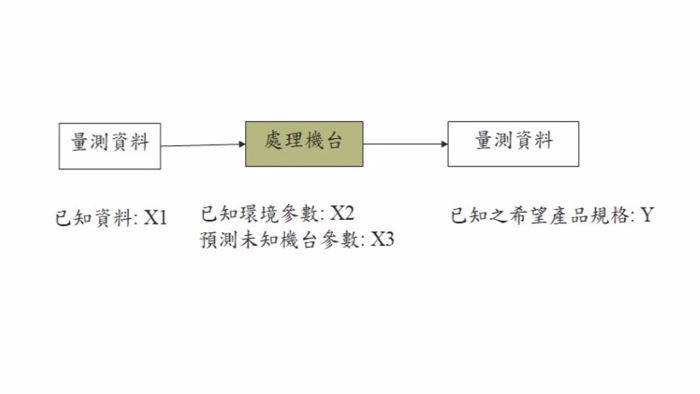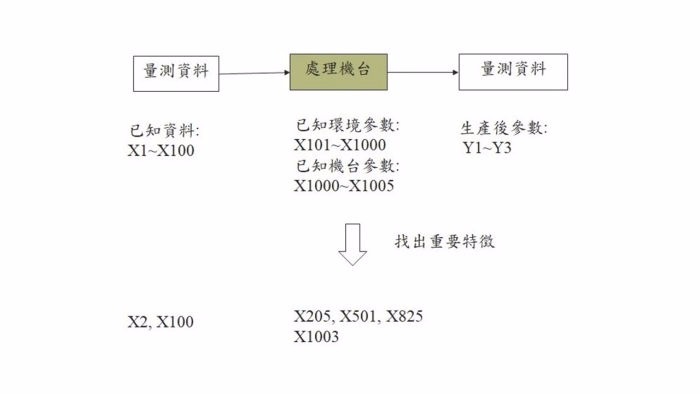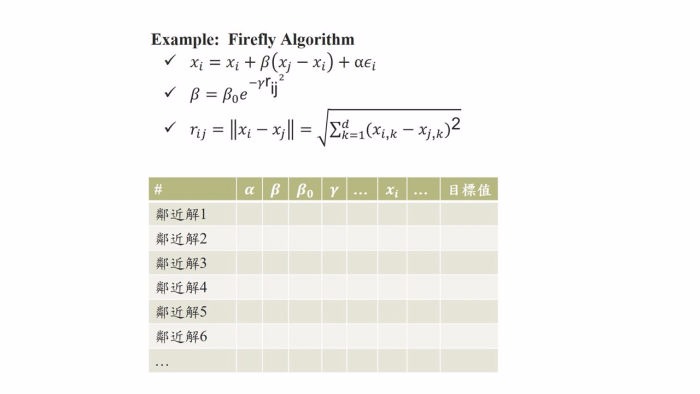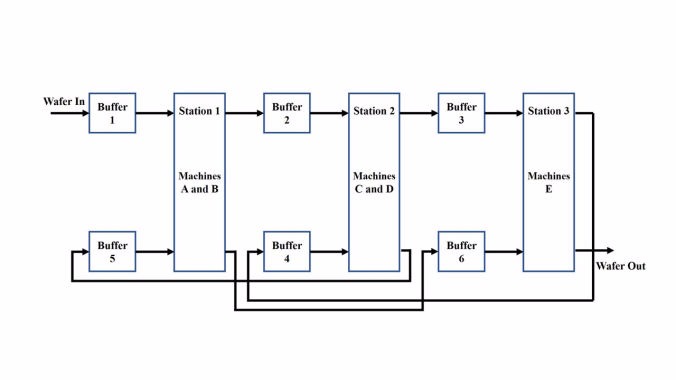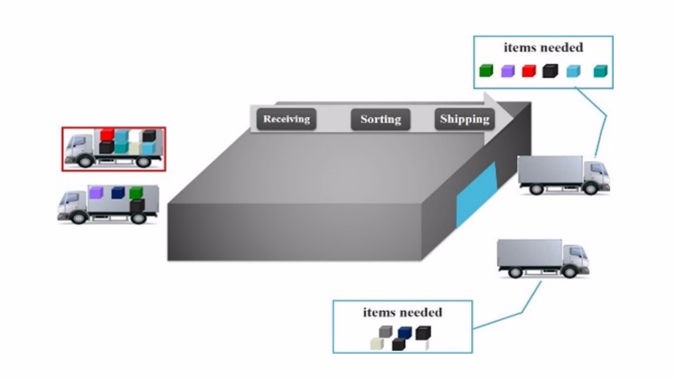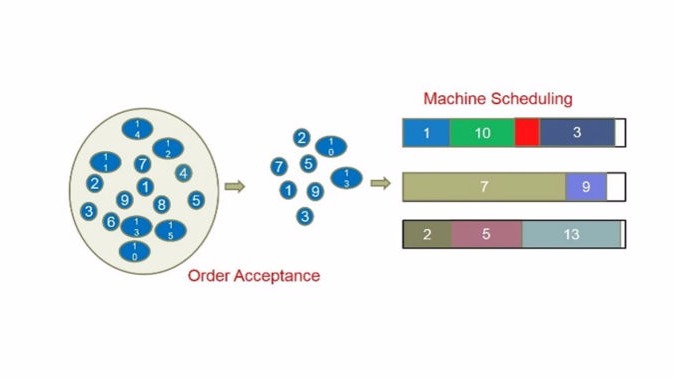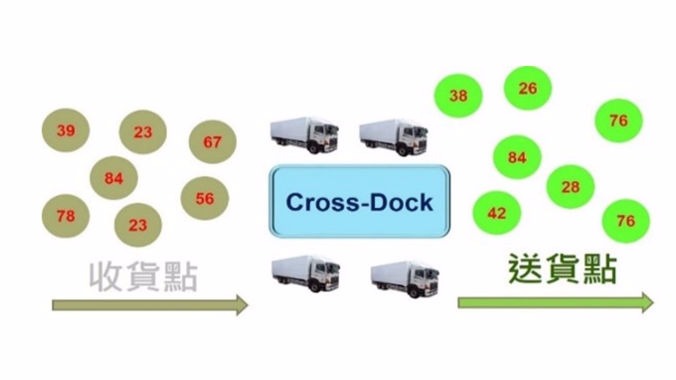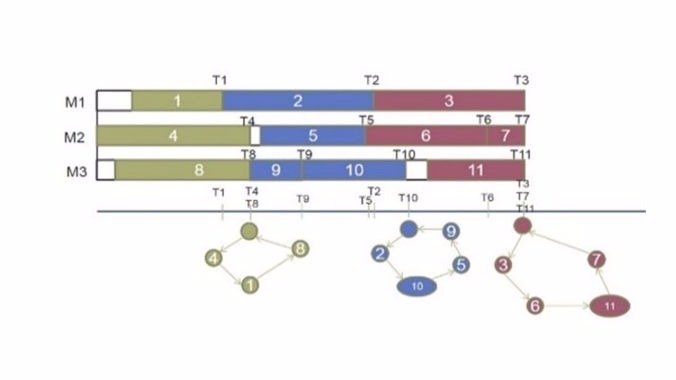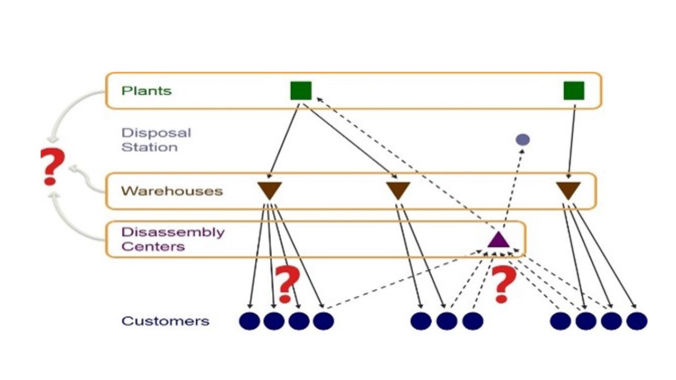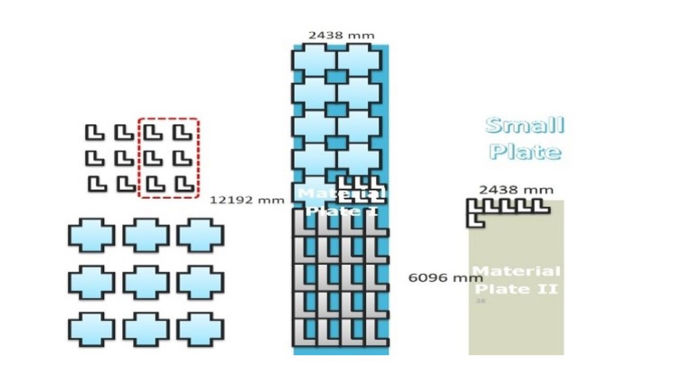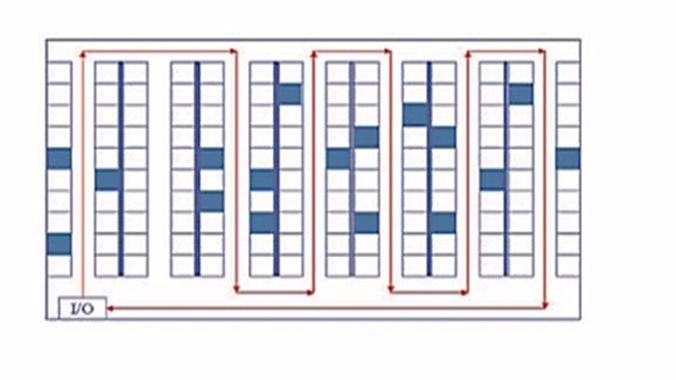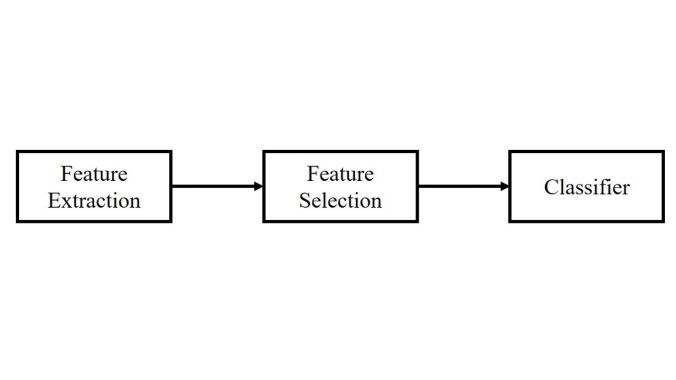Machine Parameter Optimization Problem
For a long time, factory production machines often required engineers to adjust and identify appropriate production parameters to avoid producing defective goods. This process traditionally relied on engineers' experience, trial and error, or experimental design methods, often consuming a considerable amount of time and labor. Moreover, the parameters obtained might only be satisfactory rather than optimal. With the advancement of high-speed computing, this problem can now be addressed by constructing machine learning or deep learning models using a wealth of historical machine data. Heuristic algorithms can then be used to determine the optimal machine production parameters for a specific workpiece or batch. This not only reduces the time and manpower required for machine tuning but also decreases subsequent inspection costs, laying a foundation for implementing intelligent scheduling.
Feature Selection Problem
After completing a batch of work orders, factory production machines often require inspection to understand the quality of production. Since the quality of products might vary before production and production and environmental parameters may differ, it's challenging to capture all relevant parameters. Identifying factors affecting production quality is not easy. If factories could monitor all potential environmental and production parameters using IoT technology and sensors, key factors impacting quality could be quickly identified through machine learning/deep learning methods using extensive historical production data. This approach not only rapidly resolves production quality issues but also simplifies the number of features needed in the model construction for machine parameter optimization problems. These two issues complement each other in terms of factory production impact.
Heuristic Algorithm Parameter Optimization Problem
Throughout the development of heuristic algorithms, setting algorithm parameters has always been a critical issue, often directly affecting the quality of solutions. Traditionally, algorithm development focused more on constructing methods, with parameter optimization typically addressed through experimental design, past literature, or formulaic approaches. However, if we view this as a machine parameter optimization problem and construct machine learning or deep learning models through iterative improvements in search objectives and algorithm parameters, updating this model with each search and using the algorithm's optimized parameters obtained from feedback to calculate the target value, we can find the optimal solution through continuous model updates and algorithmic solution searches.
